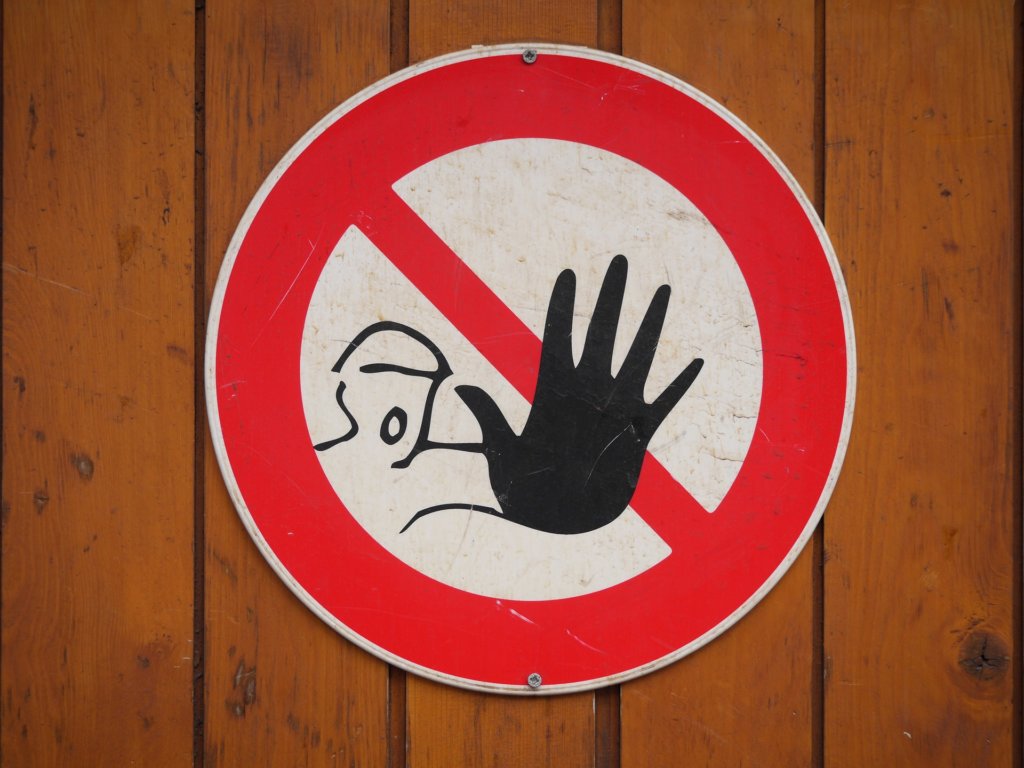Do you feel stressed out everyday?
Are you concerned it’s taking a toll on you?
Would you like some tools to manage your stress so it doesn’t wreck your life?
If so, you are in the right place!
It is no secret stress is a major problem in today’s world.
It can affect our health, relationships, and even the way we feel about ourselves. With stress taking control of many people’s lives these days, it is important to recognize when stress begins to take over your life so you can do something about it before it’s too late!
In this article I outline three warning signs that your chronic stress is reaching dangerous levels. Then I’ll explain how you can reduce stress by following three simple practices.

Warning Signs of Chronic Stress
First, not all stress is bad.
Short bursts of intense stress (aka acute stress) can be beneficial. A few examples include:
- An intense workout
- Studying for a challenging exam
- Solving a problem requiring out-of-the-box thinking
Your body responds to an intense workout by getting stronger. Your mind responds to studying and problem solving by storing what you learned for later use.
However, long term stress, aka chronic stress, is a different story.
Chronic stress can be defined as a consistent sense of feeling pressured and overwhelmed over a long period of time. You might experience chronic stress if you are having trouble shutting down at night or constantly thinking about your to-do list. Chronic stress can be caused by being in a toxic/abusive relationship, or feeling stuck at a dissatisfying job where you’re not valued or recognized.
Not only does chronic stress have the potential to cause health problems such as high blood pressure and obesity, but it can also affect our mental health by causing anxiety or depression.
So what warning signs should you be on the lookout for if you want to protect your health and relationships?

Decreased or Nonexistent Appetite
It’s a fact of life that we need to eat food.
And in normal low-stress conditions, the human body does a great job of reminding us to eat by making us hungry.
However, if you’re stressed out, your body might consider the need for food to be less important than dealing with the source of stress.
Why?
Because for most of mankind’s existence, stress would have usually meant danger. And if you are at risk of physical harm, food can wait until the danger is gone.
But in today’s world, stress can mean any number of things that have little to no risk of physical harm. Unfortunately, your body doesn’t know that.

Quality of Sleep
Like food, we also need sleep.
But we don’t just need to shut our eyes for a few hours. We need consistent quality sleep that allows the body to recover from being awake.
Similar to the body’s suppression of your appetite in a high stress situation, the need for sleep takes a back seat to dealing with imminent danger.
Why would your body give you the green light to fall asleep if it interprets your to-do list as a tiger waiting to pounce on you in the jungle?

Irritability
Think about the last time you were stressed out about a tough deadline at work.
You’re not sure how you’re going to finish in time. You’re going to let your boss down if you’re late. You might even lose your job. Then you won’t be able to pay rent. You’ll be homeless!
Now that you’re stressed out about the deadline, imagine you get stuck in line at the grocery store while you’re in a rush to get back to the office. After 10 minutes of waiting in line, it’s your turn, and the cashier tries to strike up a conversation—how receptive would you be to engaging her in a conversation considering all the stress you’re experiencing?
When you are stressed out on a daily basis for weeks or months at a time, it is only natural for your brain to reject social interaction because that tiger is about to strike.

So What Can You Do?
If you want to decrease the stress you feel on a daily basis, there are three activities you should prioritize.
Spend Time with People You Care About
Humans are social animals, so if you are suffering any of the above warning signs, the first question you should ask yourself is, “Am I spending enough time with the people I care about and who care about me?”
Here is one of the conclusions from Harvard’s longest running study on happiness and long life:
“Close relationships, more than money or fame, are what keep people happy throughout their lives, the study revealed. Those ties protect people from life’s discontents, help to delay mental and physical decline, and are better predictors of long and happy lives than social class, IQ, or even genes.”
This stress-busting activity does not need to involve face-to-face interaction (though it is preferred). It can also come from a simple phone call or text message.
Get a handle on your stress by:
- talking to your friends and family about their lives
- making plans to do something fun and relaxing together
- allowing yourself to open up about the stress you’re dealing with
When you’re alone, it’s too easy to get caught up in what’s causing you stress. Spending time with others helps to get you out of your head so you’re not consumed by the stress you’re dealing with. Being around people you care about allows you to relax and remember the important parts of life, like our relationships.

Move Like a Human
Physical exercise is an excellent stress-buster.
Science has shown regularly engaging in physical activity can help reduce stress levels, increase energy, and improve mood.
When it comes to stress relief, make sure you’re moving everyday. This means breaking a sweat by taking walks, runs, swims, bike rides, or some form of exercise for at least 30 minutes.
(Bonus points if you throw resistance training in there.)
Even better, find a physical activity you ENJOY doing so you can exercise AND have fun at the same time!
And if you can’t fit 30 minutes of exercise into your day, just start with 5 minutes and work your way up.
Anything is better than nothing.
“If exercise could be packaged in a pill, it would be the single most widely prescribed and beneficial medicine in the nation.”
– Robert Butler, National Institute on Aging

Be Proactive with Your Mental Health
Like our physical health, we should take care of our mental health on a daily basis rather than waiting for something to go wrong.
With that said, you can’t go wrong with a mindfulness practice like meditation.
Why?
Some of the benefits of meditation include:
- Better stress management
- A big picture perspective on stressful situations
- An increase in tolerance and patience
- Reducing painful emotions
- Focusing on the here and now
Meditation is about slowing down and being comfortable with stillness. It’s about letting your mind think whatever it wants without getting caught up in the thoughts themselves. It’s about letting go, and that is one of the best things you can do with stress: let it go, before it eats you from the inside out.
Download an app like Headspace or Calm, and set aside 5 minutes at the start of your day to begin your practice.

In a Nutshell
Stress is a part of life.
However, chronic stress can become dangerous and cause serious health problems over time.
Has your level of stress has reached the point where it’s affecting your appetite, sleep, or the way you treat others?
Then it’s time to take a step back and evaluate what you’re doing.
If you want to reduce the stress you’re experiencing on a daily basis so it doesn’t wreck your relationships and send you to an early grave, there are three activities you should start focusing on today.
- Spend time with people you care about so you can unwind and be reminded of what’s important in life: human connection.
- Do something everyday to make yourself sweat. Exercise has been shown to reduce stress levels, increase energy, and improve mood.
- Take care of your mental health with a practice like meditation. Meditation has been shown to reduce stress and increase empathy, patience, and tolerance.
If you’d like to learn more about better handling stress in 2021, check out our podcast with Dr. Jonathan Horowitz.
Would you like to learn how to confidently go after all of your big goals without hesitation? We can help you make this happen by providing expert coaching in our X-Factor Accelerator mentorship program. You’ll have the confidence and control you need to attract the right people, create meaningful relationships, and create life-changing opportunities in your life and career.


